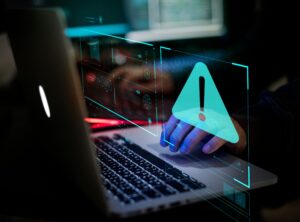Ohio Attorney General Dave Yost removed a thorn in the side of state law
enforcement agencies by announcing that the Ohio’s Bureau of Criminal
Investigation now has the testing equipment needed to determine the difference
between marijuana and hemp.
The
announcement, delivered on April 30, 2020, is intended to clear up nearly a year’s
worth of legal uncertainties harbored by law enforcement officers who
were unable to perform a quantitative analysis of marijuana samples to
ensure they were illegal marijuana and not hemp. Until recently, Ohio
crime labs could only detect the presence of THC, but not its concentration.
Hemp, which was decriminalized and legalized for licensed cultivation in
Ohio when Senate Bill 57 was signed into law in July 2019, is a variety
of cannabis that contains 0.3% THC or less. Marijuana, on the other hand,
has more of the psychoactive cannabinoid THC, and thus produces the intoxicating high.
Because law enforcement lacked the ability to differentiate between marijuana
and hemp, prosecutors statewide were advised not to pursue low-level possession
cases, or to delay their cases.
Though some smaller cases were dismissed in the interim, others involving
larger quantities were put on hold. Now that the BCI’s equipment
is ready, local authorities can begin sending in samples for testing.
Marijuana Crimes in Ohio
Ohio’s ability to differentiate between industrial hemp and marijuana
isn’t a particularly cutting-edge advancement, but it may play a
role in some of the state’s larger cases, and keep costs lower for
the state when bringing marijuana charges against defendants.
According to AG Yost, it’s still up to local jurisdictions if they
want to send samples in for testing, and ultimately prosecute people for
possession. In Columbus, City Attorney Zach Klein has stated that despite
upgrades to the state’s crime labs, the
City won’t pursue low-level marijuana cases.
If you or a loved one have been charged with a marijuana offense or
drug crime in Ohio, defense attorneys at KBN are available to discuss your case during
a free and confidential consultation. Contact us to speak with a lawyer.
Call or text 614-884-1100 or complete a Free Case Evaluation form


